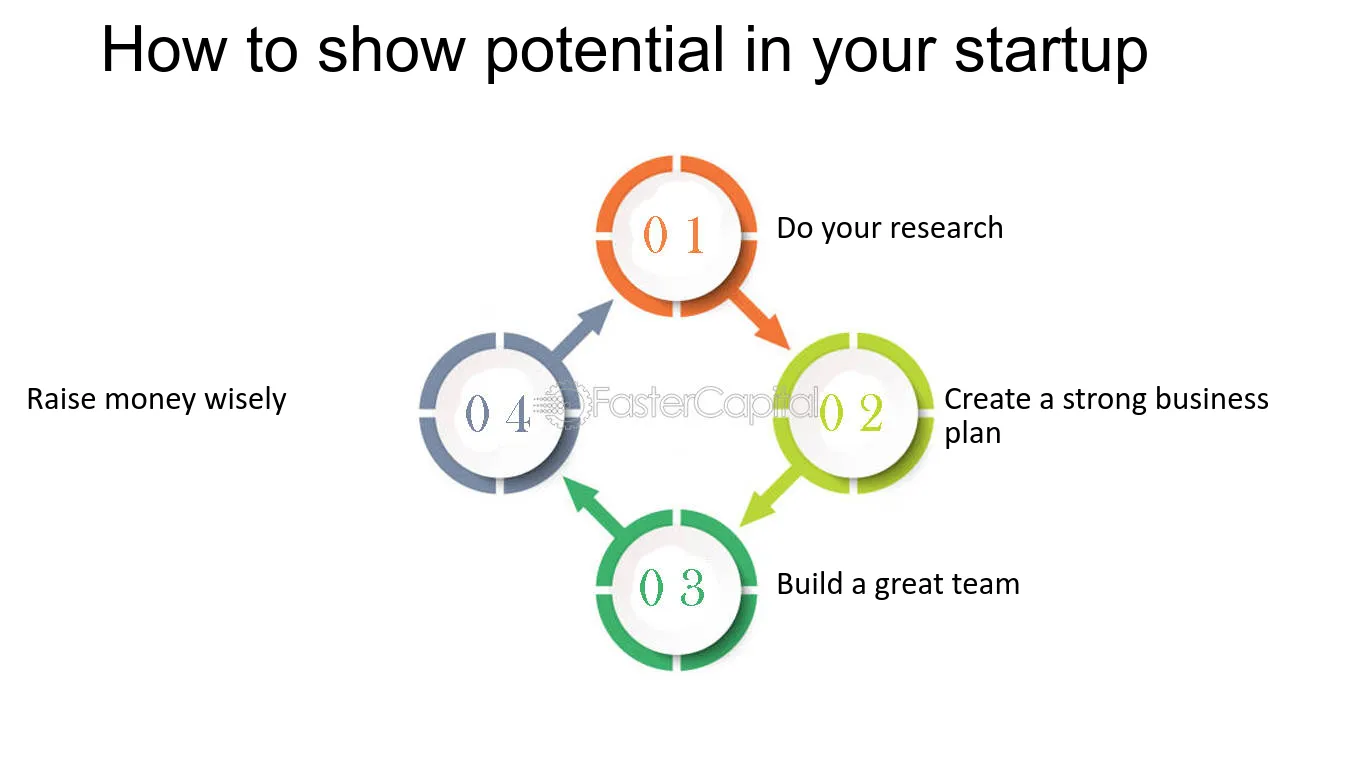Four things your startup needs to attract the brightest new talent – StartupSmart

Millennials already form a large percentage of the workforce in Australia, and by 2020 will form 50% of the global workforce.
If for no other reason than their size, attracting and retaining the best millennial talent is a critical concern for all employers, especially startup founders.
A whole industry has been created around how best to appeal to or manage millennials but the truth is, what will attract and retain the best millennial talent is not dissimilar from what other generations also expect in 2016.
The Harvard Business Review has gathered numerous studies that report that the values and attitudes at work of employees of all ages are much more similar than what the millennial stereotype suggests.
Changing expectations and preferences in the workplace are simply an evolution of the way people work, partly driven by a technology-enabled world.
As a startup founder it’s hard to know what’s most important to attract and retain the best talent, particularly because of the ever growing industry pumping out advice on how to engage millennials.
Here are four minimum standards that will make your startup attractive to talent of all ages, including millennials.
1. Flexible working arrangements
Flexible working arrangements should be a base offering.
If quality outcomes are being achieved on time, why does it matter where the work is done?
I find it helpful to frame roles as outcome-based, instead of focusing on specific tasks and the quantity of time worked.
By specifying expected outcomes, employees can apply their preferred working style and hours. Perhaps ironically, flexibility is born from clear boundaries and expectations.
Flexible working is a two-way street.
The agreement struck between founders and employees should be fair and deliver for the startup and the founding team as a whole.
Cohesiveness in founding teams is critical. Clear expectations for response times, availability, capacity, and outcomes will promote cohesiveness but doesn’t have to sacrifice flexibility.
2. A flat organisational structure
Being digital natives, millennials are used to instant communication.
Technology and social media have provided platforms such as Facebook, Twitter, Slack and Yammer that make open debate and transparency commonplace.
Millennials are less likely to appreciate the value of hierarchies in the workplace. They expect they will have a direct and open line to upper management.
Of course, this is not a bad thing. Most people of any age detest bureaucracy.
The upside of having fewer management layers in your startup is that ideas can be easily shared, debated, improved, reviewed and approved faster.
The momentum and transparency will empower your employees, improve job satisfaction, and ultimately benefit your startup.
3. Diversified reward and recognition
Money isn’t everything.
Employees are looking for job opportunities that provide diverse reward and recognition.
Learning opportunities and experiences such as training, education, mentoring, secondments, and global assignments are highly valued by most people, particularly those without significant financial obligations.
Feedback is also a highly valued form of reward and recognition.
A flat organisational structure, digital communication platform, and open-door policies promote frequent feedback but they don’t replace the need for more formal and regular forums for providing and receiving feedback.
Founders should establish rituals and routines such as weekly team meetings, fortnightly coffees with direct reports and quarterly reviews, in addition to providing honest feedback in real time, recognising positive contributions and achievements and addressing areas for improvement.
4. Meaningful diversity and inclusion
Lots of companies, including startups, treat diversity as a ‘tick box’ exercise.
Meaningful diversity and inclusion requires deliberate consideration in the development and execution of your startup’s strategy, values, structure, culture and company policies.
Sustained effort is then required to embed these practices. Founders should also measure the impact of their efforts, which will help to drive accountability and ensure you’re successful.
While millennials may be more likely to move on when employers break the promises they make during the hiring process, employees of all age will become disillusioned.
Token efforts will do more harm than good.
Platitudes may attract great talent but in a more transparent and socially-minded world they’ll do nothing to retain the best talent.
Follow StartupSmart on Facebook, Twitter, LinkedIn and iTunes.

